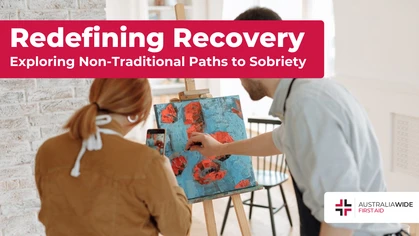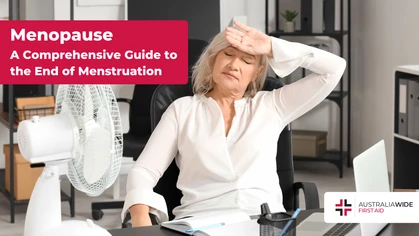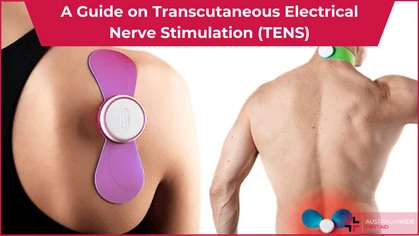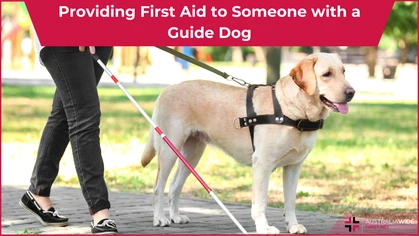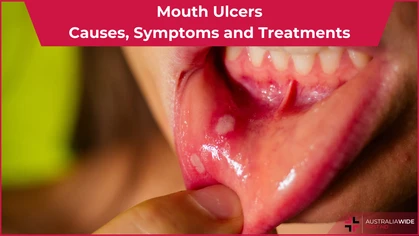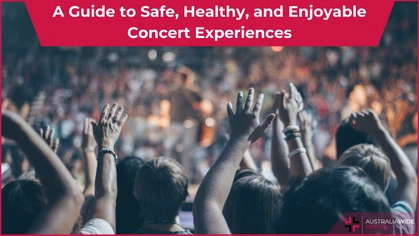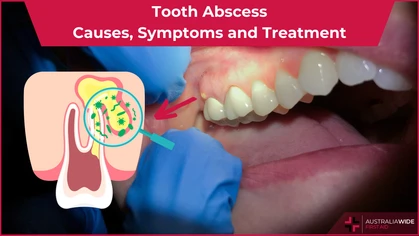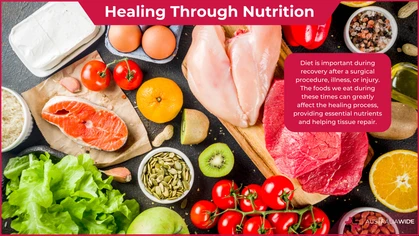Keeping Mum's Heart Safe Every Day - Especially on Mother's Day

General Health-Related

Heart attacks occur when the heart muscle does not get enough blood, which causes it to die. Unbeknownst to many, women and mums are often struck down by heart attacks. It is important to know the symptoms, so that you can keep your mum safe.
A heart attack occurs when part of a heart muscle does not get enough blood, and the more time that it takes to restore proper blood flow, the more damage will be done to the heart muscle. Mums are the heartbeat of many families. A lot of mothers are celebrated for seeming like they can juggle everything. Many work full time, get dinner on the table, the kids home from school, and also manage to keep the house clean. They tend to be the world’s best gardeners, book readers, and huggers. On Mother’s Day, we celebrate some of the most special people in the world- in particular, the women who brought us into it. However, many mums tend to have a history of working themselves so hard, often for the sake of the happiness of their own family, that this can result in health concerns. Mothers often experience symptoms of exhaustion and stress. Heart attacks are a major concern for this population, and therefore, the best gift we can possibly give our mums on Mother’s Day (and every day), is knowing how to keep them safe if something goes wrong with their heart.A Young Mother of 2
A woman named Nicola, who has two sons, began feeling especially tired. She didn’t think much of it, especially since she figured this was just a result of being a mother and constantly on the go. However, these symptoms started turning into feeling nauseous, dizzy, and a strange sense of heartburn. She began sweating at odd times, experiencing pain in different parts of her body, and had a hard time breathing. When she was rushed to the emergency room, doctors found that her right coronary artery had an 80% blockage. Although Nicola seemed to have an extremely healthy lifestyle, she suffered from a heart attack at the age of 38 years old. As a result of this heart attack, weeks after the attack she couldn’t drive, do much physical activity, or do many of the “SuperMum” things she used to be able to do. Luckily, she ended up being okay, but after this, her sons learned the importance of knowing what to do in case something bad happened to their mum. They both knew how to call 000 in case of an emergency at 5 and 7 years old. If another emergency happens that their mum needs medical assistance, they are prepared and know how they can help and get emergency assistance right away.
Many mums juggle competing personal and professional obligations. This can result in stress and exhaustion, both of which are risk factors for heart attacks. It is important to prioritise your overall wellbeing, so that you can be their for your family in the long run.
A Career-Driven Mum
Another woman named Belinda Waggoner was an incredibly hard working mum in a human resources company. This hard work led to her developing high blood pressure, and one morning after a sip of her coffee, she started experiencing strange symptoms. Her chest hurt, she was inexplicably sweating, and complained of pain in her teeth and her jaw. Once she was seen by medical professionals, they discovered that she had a heart attack because of a bend in her left anterior descending artery, and needed a stent inserted to improve her blood flow. Her daughter and soon bride to be luckily still had her mom in attendance for her wedding day and was unbelievably grateful. Today, Belinda is healthy and training for triathlons, something she would not be able to do if she got emergency medical help any later.Signs & Symptoms of Heart Attacks in Women
In order to keep the mums in our lives safe, it is imperative that we understand the signs and symptoms of a heart attack. Some of these symptoms include chest discomfort or pain, shortness of breath, vomiting, back or jaw pain, and nausea. Many people can experience unusual fatigue, sweating or clamminess, and weakness causing them to feel lightheaded or faint. About 1⁄2 of the women in a 2003 study experienced a disturbance in their sleep whether that was having a hard time sleeping, feeling tired even after getting plenty of sleep, or waking often during sleep. Women can also experience pain or pressure in their stomachs. About 50% of people who have heart attacks have symptoms before the heart attack, and if you or someone you love is having ANY of these symptoms, you should immediately seek medical care. When people do not have any symptoms, this is called a Silent Heart Attack. Women who have completed menopause are at a higher risk to get heart attacks.Prevention
In many family histories, it can be common for high blood cholesterol, high blood pressure, and heart disease to go from generation to generation. It is important to be especially aware of your heart condition if any of these run in your family. Also, smoking cigarettes and obesity increase the risk of heart attacks. If you have any risk factors, it is important that you regularly get your heart checked by a medical professional. It is crucial that you know how to recognise any symptoms so that you can take quick action. In addition, taking a CPR course can greatly increase your readiness to react to an emergency situation and could even save someone’s life. Our Accredited CPR Course covers the knowledge to safely provide CPR, determine if a situation is an emergency, use an AED, understand DRSABCD, provide safety for oneself and others, determine the need for cardiopulmonary resuscitation (CPR) and to perform CPR. We offer materials that train CPR on expecting mothers as well. Participants are trained in DRSABCD, which stands for assisting by assessing an environment for danger, checking for a response, sending for help, clearing and opening the airway, and checking for breathing. It is everyone’s responsibility to ensure the safety and wellbeing of our loved ones. For more information on our offerings, check out our First Aid Manual and First Aid Course. As we celebrate Mother’s Day this year, consider how you can contribute to your mum’s safety each and every day by being prepared in case of an emergency.
Originally published at
https://www.australiawidefirstaid.com.au/resources/mothers-day
as part of the Australia Wide First Aid Articles Library
